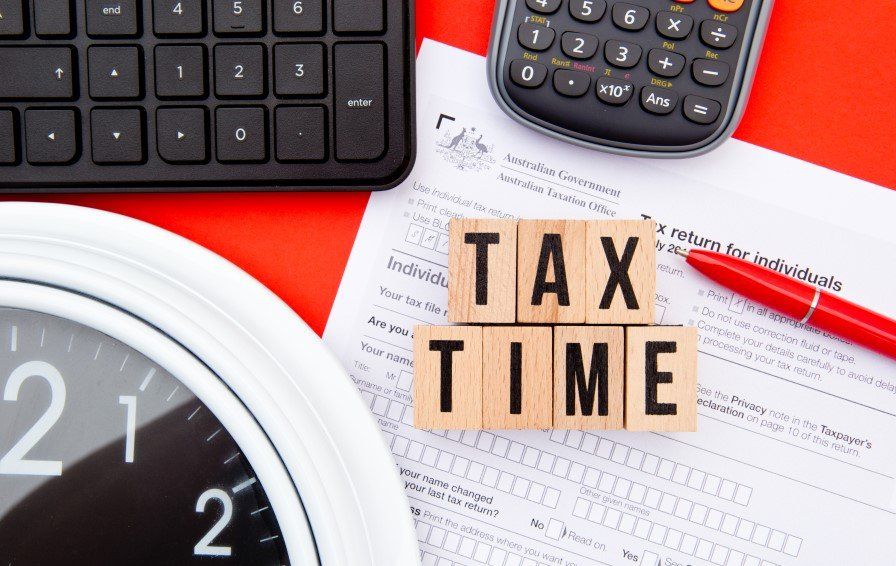Tax time 2021 is fast approaching, with the knowledge gleaned from the recent ATO statistics release that shows individual taxpayers carrying the majority of the tax burden, it is no surprise that the ATO is keeping a close eye on individual tax returns this year. Specifically, the ATO noted it will be focusing on work-related expenses such as car and travel expenses which it reasons will decrease due to restrictions on travel. It will use data analytics to identify those taxpayers with high WFH expenses as well as car and travel expenses for further scrutiny.
While the ATO annual statistics releases are usually quite dry and technical, it does give a nice insight into why the ATO does what they do. For example, just in the first half of 2021 the ATO has been targeting individual taxpayers with various data matching programs on rental properties, motor vehicles, residency and contractor payments to name just a few. With the release of the latest taxation statistics showing that individual tax collections account for more than half of all taxes collected in Australia, the intensity and frequency of these data-matching programs now make more sense.
It should also come as no surprise that with tax time 2021 fast approaching, the ATO is keeping a close eye on the individuals sector with warnings to not overclaim on deductions this year. Specifically, the ATO will be focusing on work-related expenses such as car and travel expenses which it reasons will decrease due to restrictions on travel and a large proportion of the population working from home as a result of COVID-19.
According to the ATO, around 8.5m individuals claimed around $19.4bn in work-related expenses in their 2020 tax returns. The value of car and travel expenses claimed in 2020 decreased by 5.5% compared to 2019, however, there was an understandable increase of 2.6% in clothing expenses due to claims for hand sanitiser and face masks.
"We know many people starting working from home during COVID-19, so a jump in these claims is expected. But, if you're working at home, we would not expect to see claims for travelling between worksites, laundering uniforms or business trips." – Assistant Commissioner Tim Loh
The ATO notes that it will be using data analytics to single out unusually high claims this tax time, particularly if an individual's deductions are much higher than others with a similar job and income. It will also be on the lookout for individuals claiming significant working from home expenses while at the same time maintaining or increasing their claims for car, travel or clothing deductions.
Individuals with legitimate increases in car, travel or clothing expenses along with significant work from home expenses can still deduct these expenses provided that they have evidence or contemporaneous records supporting their claims. The ATO also notes that it will be "sympathetic to legitimate mistakes where good faith efforts have been made".
As a reminder, the ATO notes that the temporary shortcut method of 80c per hour (all-inclusive rate) for working from home expenses has been extended to apply for the full 2020-21 financial year. Although a timesheet, roster or diary entry indicating the number of hours worked needs to be kept as evidence. In addition, those individuals predominately working from home and only undertaking occasional travel to their places of work are unable to claim the cost of travel from home to work as it is still considered to be private or domestic.
Those working in industries such as healthcare, cleaning, aviation, hair and beauty, retail and hospitality that require physical contact or close proximity to customers or clients are still able to claim items such as gloves, face masks, sanitiser, and anti-bacterial spray as a part of their personal protective equipment. However, the claim can only be made if the item(s) were purchased for use at work, and has not been reimbursed by the employer. Receipts or other supporting evidence should be kept for any claims made.
Need help this tax time?
In the current economic environment, every dollar counts, so if you want to legitimately maximise your deductions to reduce the amount of tax you pay or get a bigger refund, we can help look after your tax affairs.
Email us at Robert Goodman Accountants at reception@rgoodman.com.au . © Copyright 2021 Thomson Reuters. All rights reserved. Brought to you by Robert Goodman Accountants.










